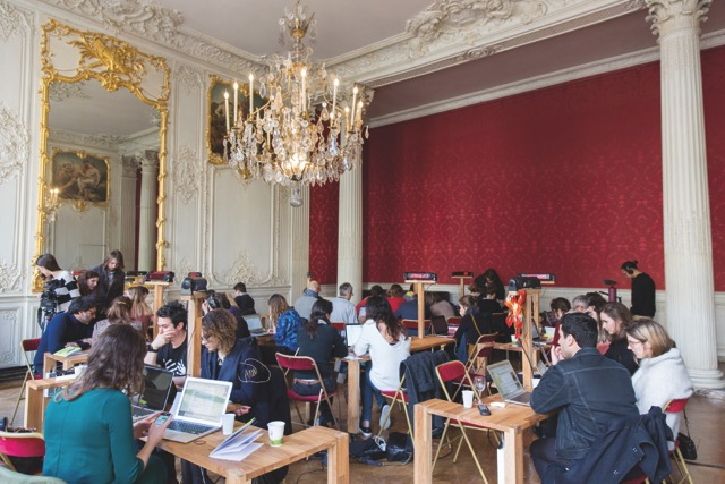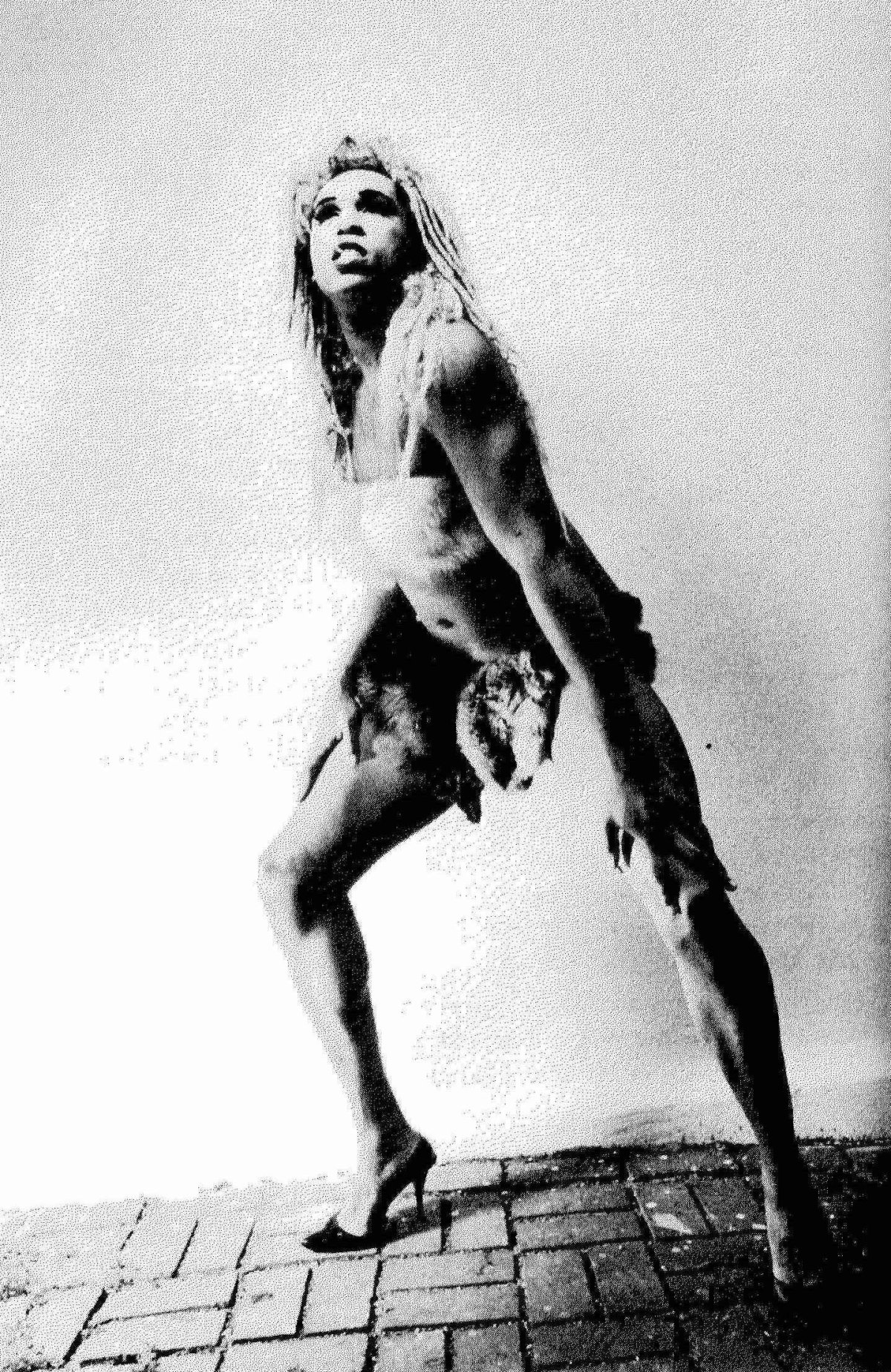
The French National Archives in Paris will be filled with the sound of typing on Saturday. The Editathon Art+Feminism—an event designed to achieve greater gender balance on the free online encyclopedia, Wikipedia—simultaneously kicks off in Paris, New York, Berlin and about 150 other cities around the world.
This year will be the fourth edition of the event set up by various global arts bodies in conjunction with the encyclopedia. This year's editathon highlights that only 12 percent of Wikipedia's contributors identify as women, and that frequently, Wikipedia pages about women are nonexistent, inaccurate or incomplete. These events are a chance to change that. In the coming two days, people all around the world will try to flip the balance, writing sections for the forgotten pages.
Among all the cities taking part, Paris stands out. The French edition is organized by the Lafayette Foundation, and uses performances alongside editing sessions to encourage people to discuss as well as write about outstanding women on the platform. In addition to the editing sessions open to the public, the event will also showcase artists' performances and panel discussions to discuss the central theme of the day. Six hundred people attended Paris's editathon last year and created 36 Wikipedia profiles and pages. Although Paris only joined one year into the project, in 2014, it has become the most popular spot internationally: Its curator, Flora Katz tells Newsweek that she believes this is because of the artists' performance that take place throughout the weekend of editing, translating, linking to and improving Wikipedia pages.
This year's event centers on the topic of identity. Or rather, on " disidentification," inspired by the works of Jose Esteban Munoz, who coined the term in his 1994 essay: Disidentifications: Queers of Color and the Performance of Politics. Disidentification, according to Munoz, is what happens when members of a minority, ethnic or sexual, reject societal stereotypes.

Katz discovered Munoz's work two years ago, when she lived in New York, and wanted to "reactivate his voice in the public eye" and introduce his work to the French public. To do so, she has worked closely with two performers, Vaginal Davis, a performing artist and icon of the '80s contemporary arts scene in the U.S, and Los Angeles-based filmmaker and performer Wu Tsang. Both artists met Munoz during his lifetime, and he was an admirer and occasional patron of the pair. Davis is particularly central in his dialogue about disidentification: Munoz dedicated a whole chapter of his essay to her and her art. She met the professor, whom she describes as "punk rock," during his tenure at NYU and captivated his attention until his passing in 2013.
Munoz documented several of Davis's works in the '90s, when the artist was, in her own words, more prone to "whimsical" and "ephemeral" performance than in keeping any sort of record. Reissues of Munoz's work throughout the years introduced Davis to several generations of undergraduates. "You know, I go out of vogue every seven to eight years," she jokes. Perhaps surprisingly for someone involved in the editathon project, tells me that she is no technophile: "I'm much more analog than digital."
At this year's editathon, Davis will present a performative discussion with Wu Tsang that she describes as "A thought-provoking, glamorous wrap on Dr Jose Esteban Munoz." It will be her first Parisian performance since 2009, where she took part in an exhibition at the Palais de Tokyo on black artistry and sensuality.
Katz believes that Wikipedia is the most fundamental tool to access knowledge in an ever more connected world, but says that some of the pages dedicated to black, Asian and transgender artists focus too much on the personal aspects of the artists' lives, rather than on their actual work. She hopes that the editathon can change that, and reflect more on their achievements.
What does Davis think of her own Wikipedia page? She regrets some "factual mix-ups" but says "it's always good to have a bit of mythology around you and your work."
The French edition of the Editathon Art+Feminism takes place on Saturday and Sunday at the French National Archives in Paris.
Uncommon Knowledge
Newsweek is committed to challenging conventional wisdom and finding connections in the search for common ground.
Newsweek is committed to challenging conventional wisdom and finding connections in the search for common ground.
About the writer
To read how Newsweek uses AI as a newsroom tool, Click here.








